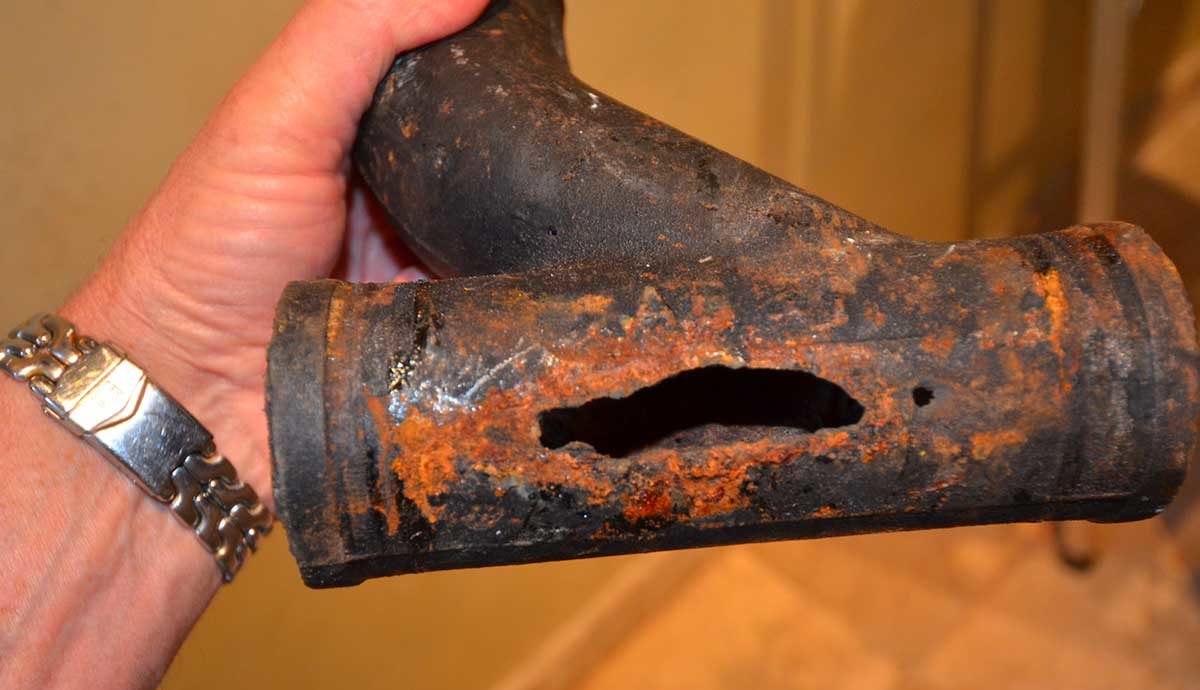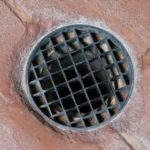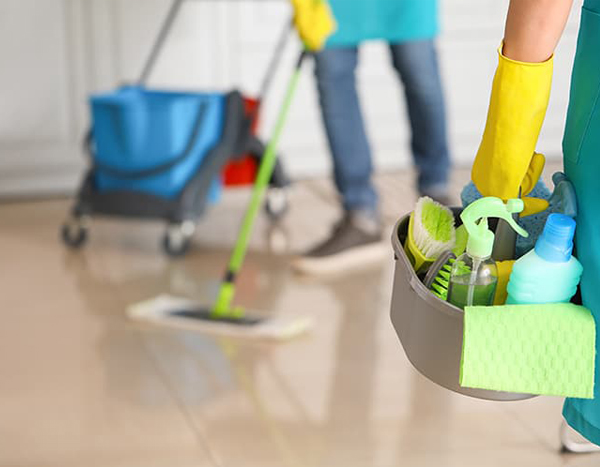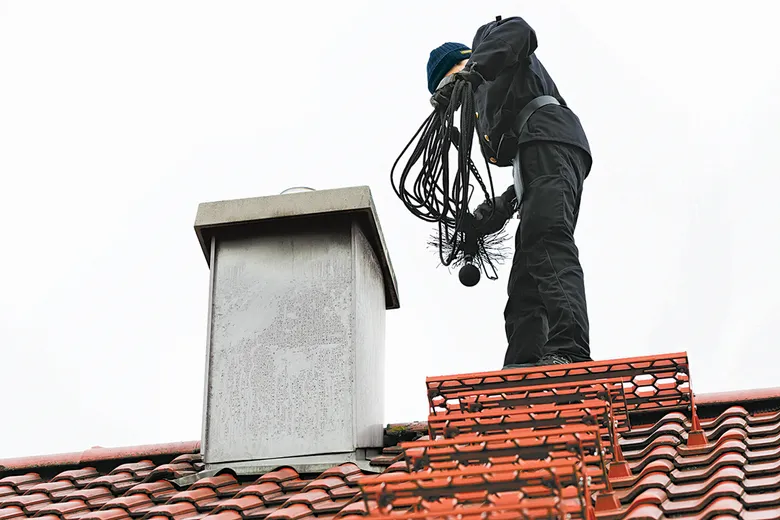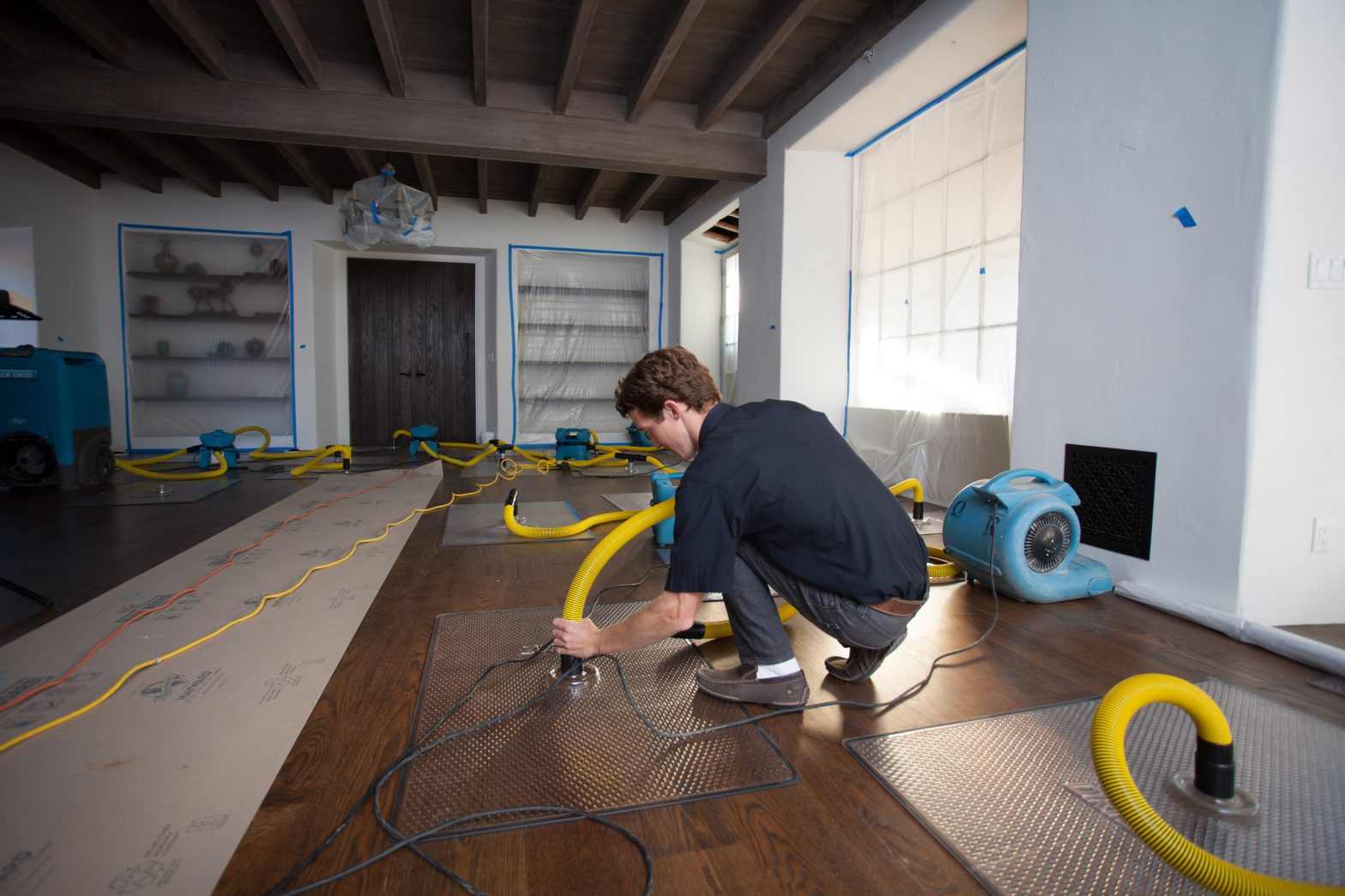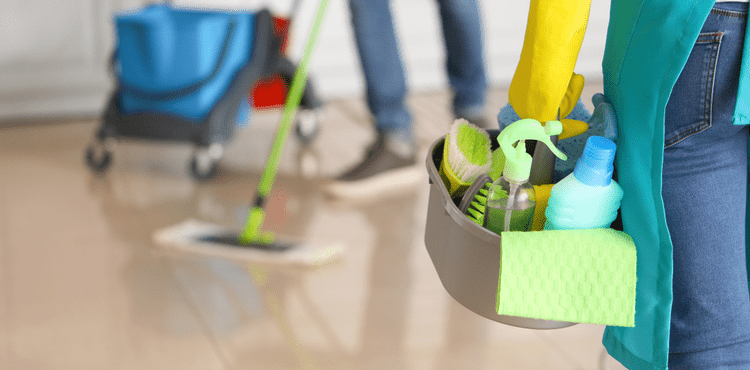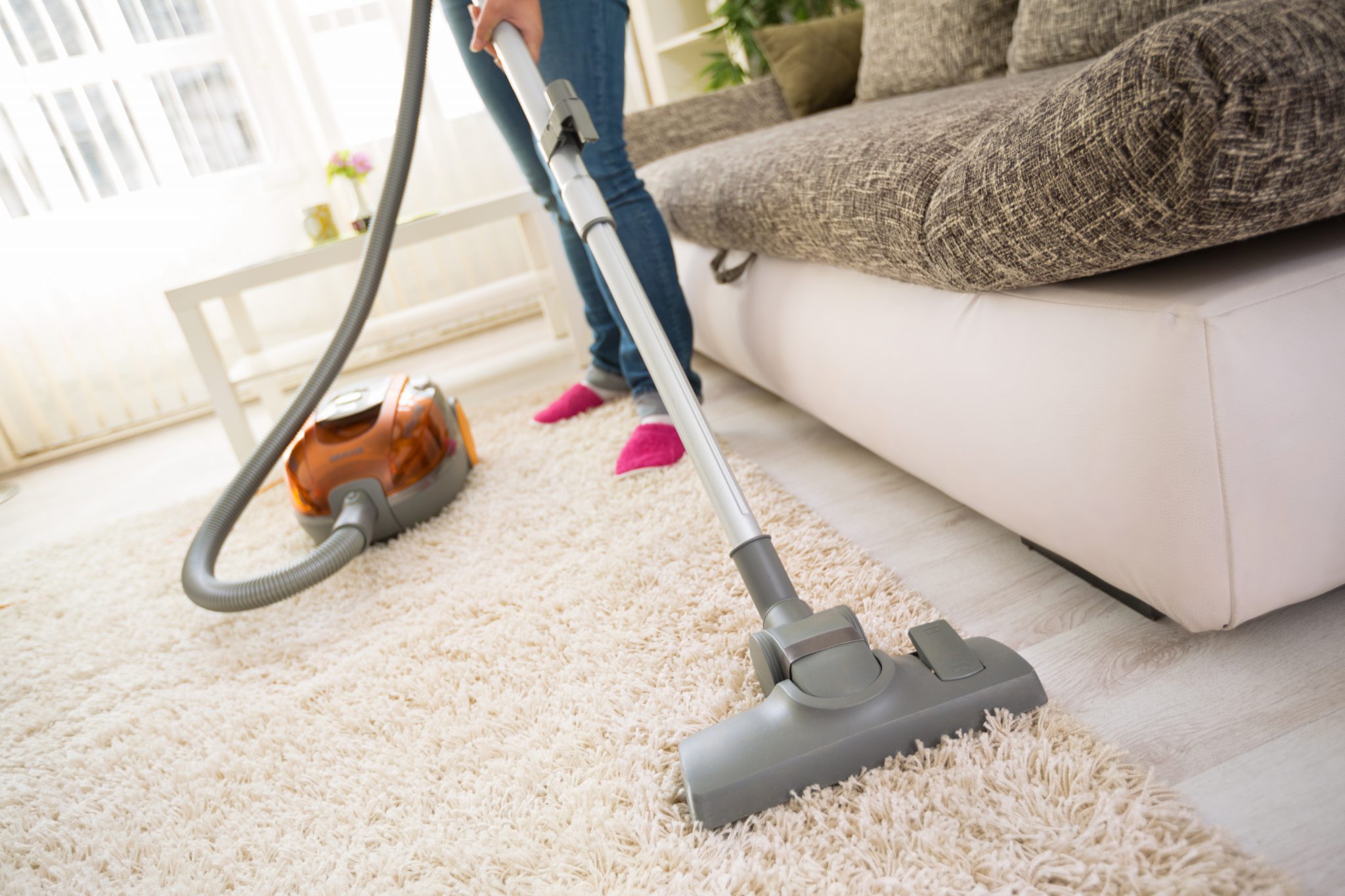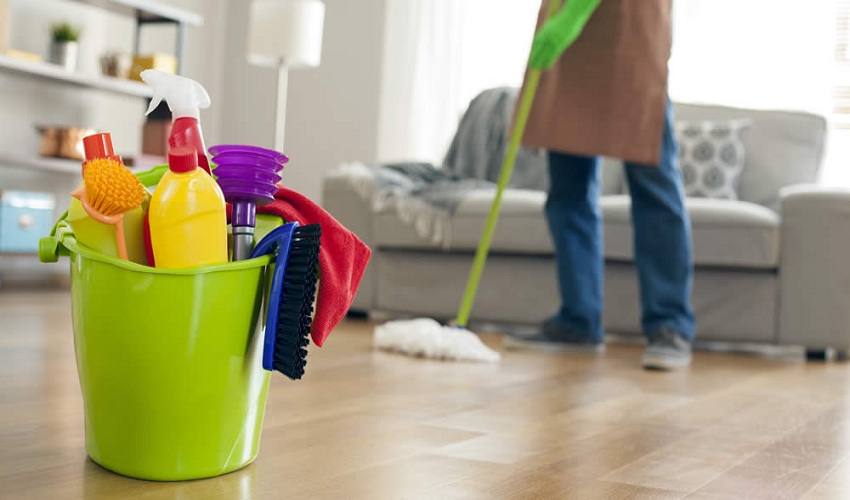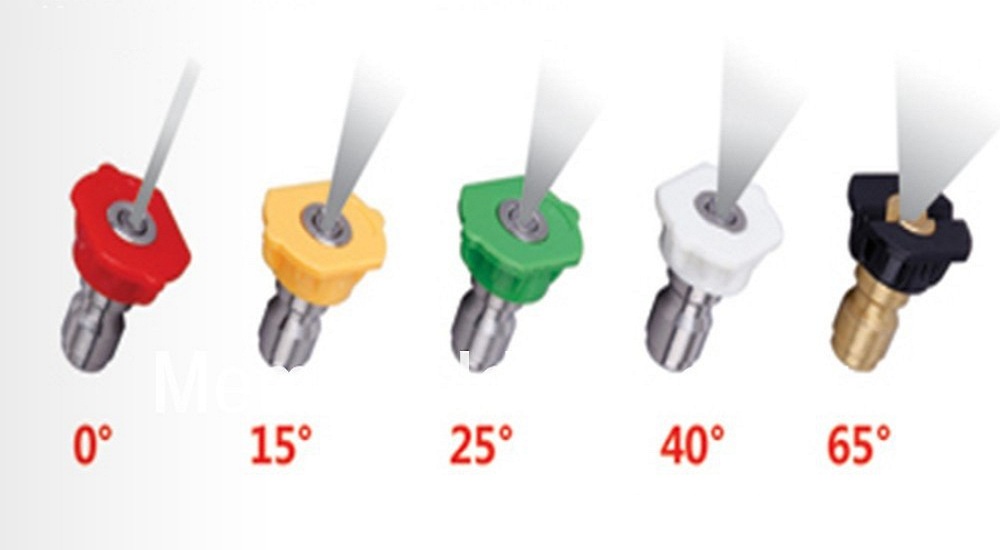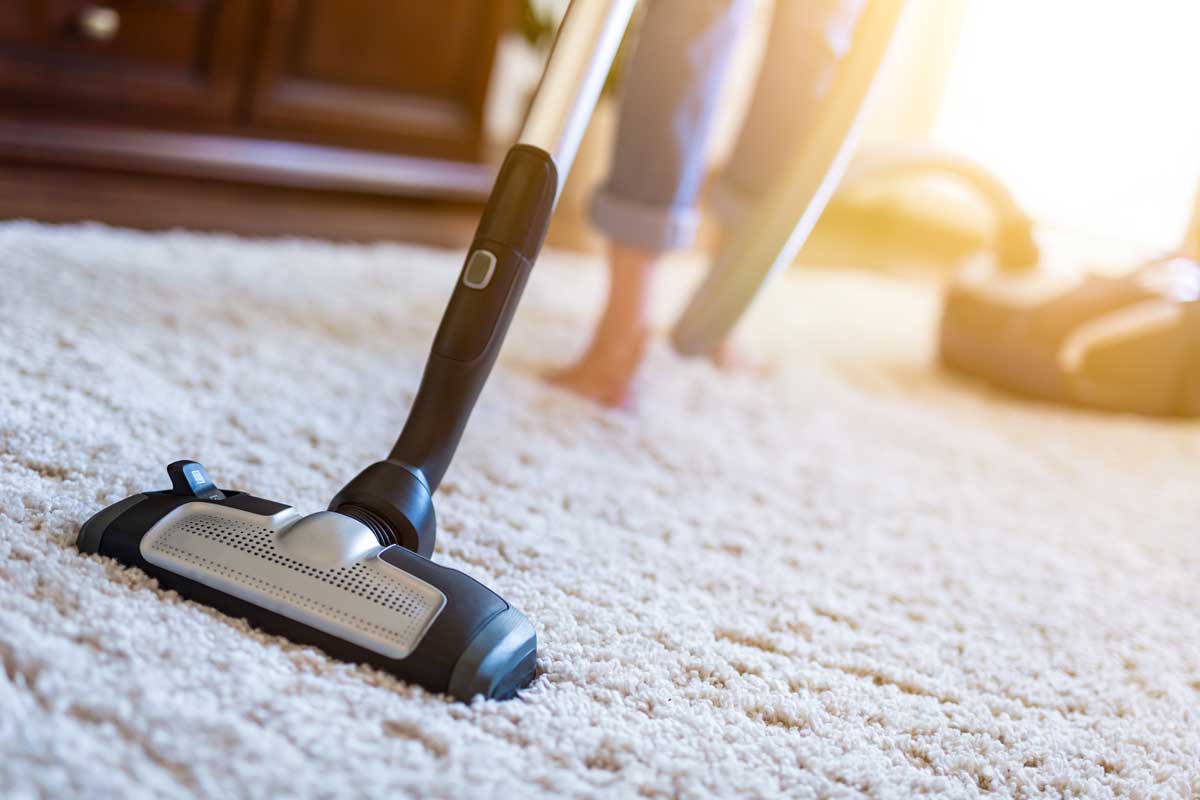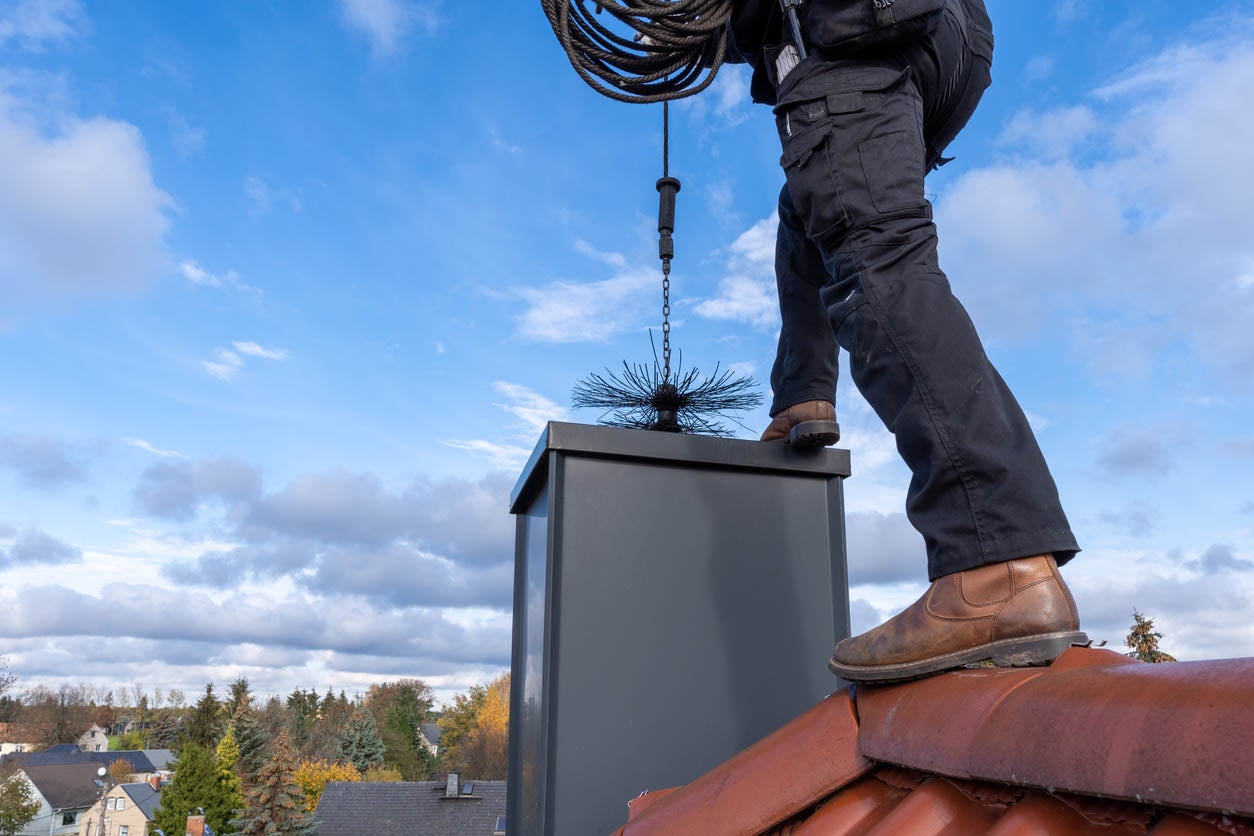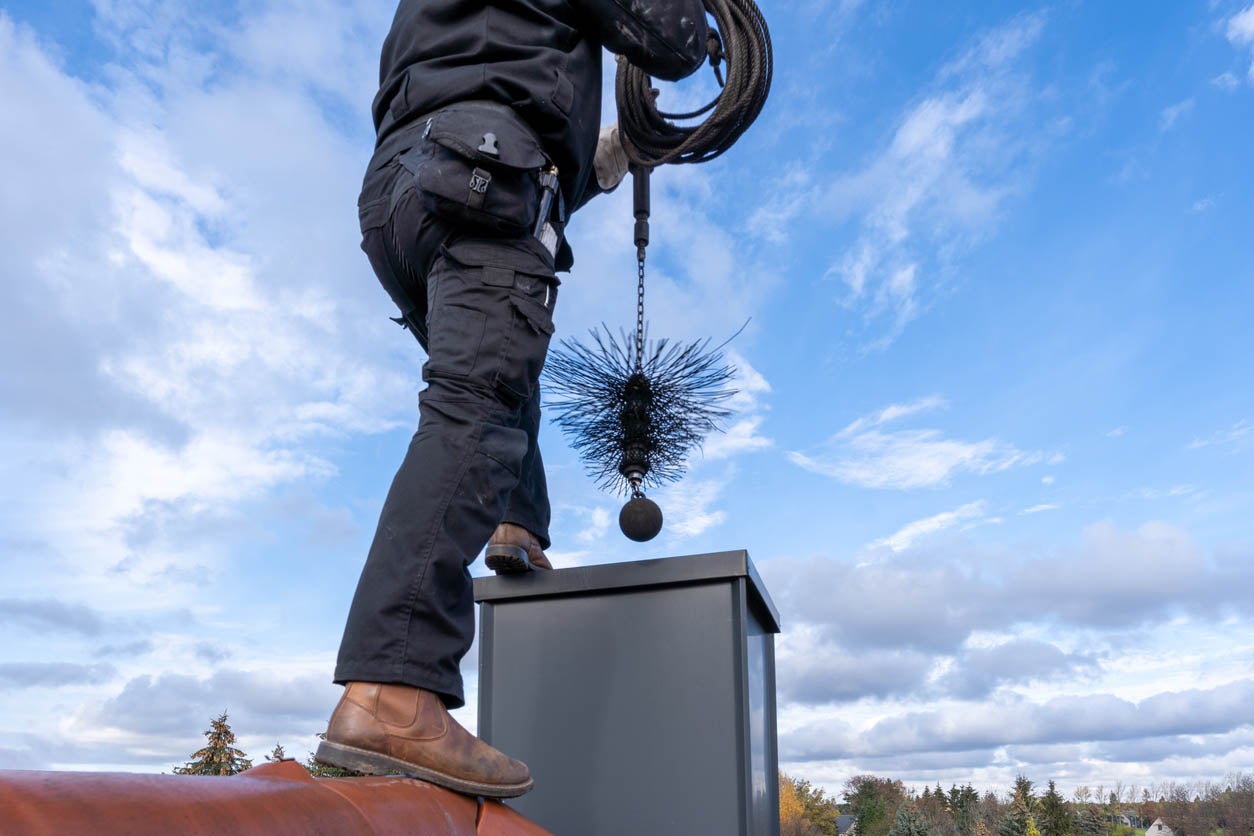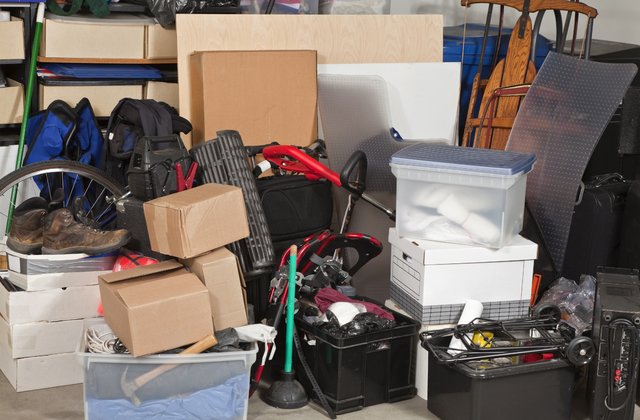As any homeowner knows, clogged drains can be a frustrating plumbing problem to deal with. Many reach for chemical drain cleaners in an effort to unclog stubborn blockages. However, did you know that some of these drain cleaning chemicals can actually do more damage to drains over time? In this blog post, we will explore which drain cleaning chemicals are the most harmful and can cause significant damage to pipes and drains if not used properly.
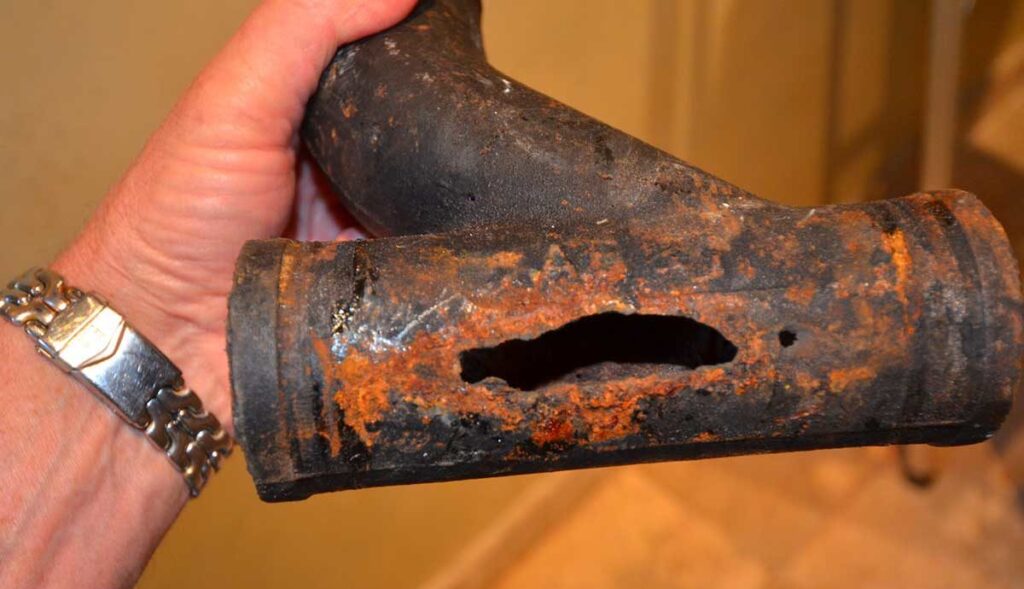
Content
The Dangers of Caustic Chemical Drain Cleaners
The drain cleaning chemicals that cause the most damage are the caustic chemical drain cleaners. Most chemical drain cleaners contain harsh chemicals like sulfuric acid, lye, and sodium hydroxide. These chemicals are extremely caustic, meaning they can eat away and corrode the surfaces of pipes and drains. Over time, the corrosion caused by these chemicals can lead to cracks, leaks, and even pipe bursts. The heat produced by some chemical drain cleaners when they react with water in pipes can also damage delicate surfaces like porcelain.
Pipe Corrosion from Chemical Drain Cleaners
One of the main issues with caustic chemical drain cleaners is that they can cause pipe corrosion. The strong acids and bases in these products react chemically with the metal pipes underground and inside homes. This corrosion starts as small cracks but can expand significantly over multiple uses of drain cleaners. Eventually, the structural integrity of pipes is compromised, leading to leaks springing in walls and under foundations. Pipes that have experienced corrosion from drain cleaners are also more susceptible to bursting during pressure surges from washing machines or water heaters turning on.
Toxic Fumes and Risk of Burns
In addition to pipe damage, chemical drain cleaners pose health and safety risks. Many produce toxic fumes when they react in drains that can irritate the lungs and eyes if inhaled. The fumes given off by products containing sulfuric acid or lye are particularly hazardous. Chemical drain cleaners also generate a lot of heat and can cause chemical burns on contact with skin. If the strong chemicals are accidentally ingested, they can severely burn internal tissues. Proper protective equipment is a must when using these drain cleaning products.
Safer Alternatives to Harsh Chemicals
Luckily, there are safer options for unclogging drains that do not rely on dangerous chemicals. Enzymatic drain cleaners use natural bacteria and enzymes to break down clogs instead of acids or bases. When poured into drains and left to work overnight, these bacteria eat away organic matter clogging pipes without damaging pipes. Plumbers also have snake tools and high-pressure water jets that can mechanically break up clogs without any harsh chemicals. Both enzymatic drain cleaners and professional plumbing services are gentler on pipes and present fewer safety and health risks than caustic chemical drain cleaners.
Final Word
In summary, the drain cleaning chemicals like sulfuric acid, lye, and sodium hydroxide in most store-bought drain cleaners are extremely harsh and can corrode pipes over time if used frequently. This leads to leaks, cracks, and potentially burst pipes down the road. Their toxic fumes and risk of burns also make them dangerous to use. Safer alternatives like enzymatic drain cleaners and professional plumbing help unclog drains without damaging pipes or posing health hazards. When it comes to preventing damage to drains, avoiding caustic chemical drain cleaners is the wise choice.
Frequently Asked Questions:
How can I tell if my pipes have been damaged by chemical drain cleaners?
Signs that pipes have been corroded include small cracks, leaks, or sections that have become brittle. You may notice water stains on walls or floors if leaks are developing inside walls. Pipes that feel thinner than normal when snaked or have developed dents could also indicate corrosion from drain cleaners over time.
What should I do if my pipes have been damaged by chemical drain cleaners?
If you suspect chemical corrosion from drain cleaners, it’s best to contact a licensed plumber. They can inspect pipes for damage and make repairs as needed before leaks worsen. Sections of damaged pipe may need to be replaced to ensure structural integrity. In the future, switch to safer alternatives like enzymatic drain cleaners and avoid using harsh chemicals.

I am Donovan and my love is writing about home improvement. I write mostly about home ideas, but also share some tips and tricks that can make your life easier when it comes to getting things done in the house.
